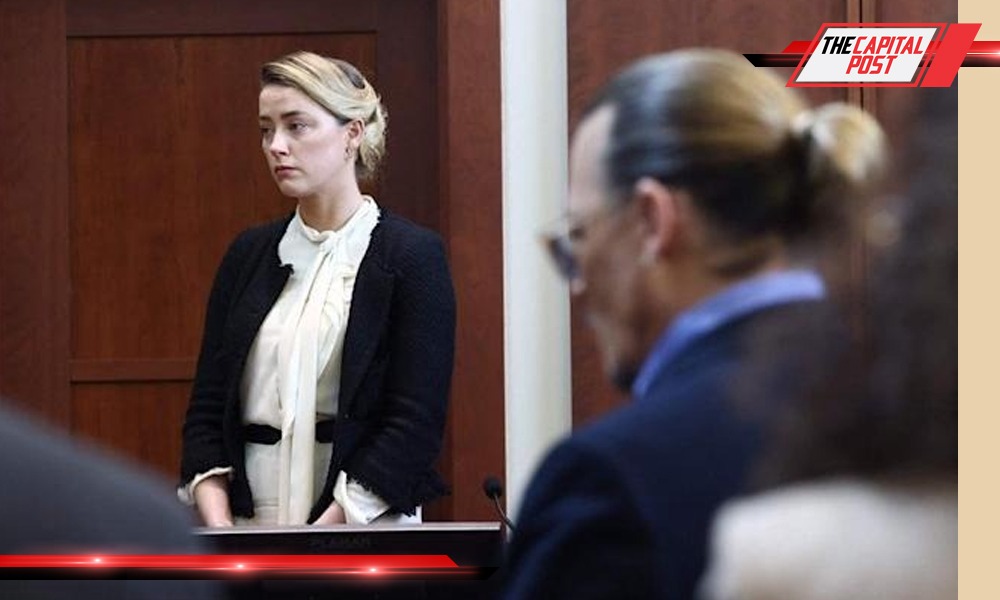Amber Heard says she still loves Johnny Depp, has no ‘bad feelings’ for him

Amber Heard says she still loves Johnny Depp, her ex-husband. Heard admitted that she is not a “perfect victim” and that she still loves Depp despite their “deeply broken relationship” in the second part of her first interview since the defamation trial.
The 36-year-old Aquaman star was speaking to NBC News’ Savannah Guthrie on the Today show when she made the comments, which came just two weeks after she was ordered to pay over $10 million in damages to Depp for defamation.
When asked if she still has feelings for Johnny Depp, Heard said, “Yes, absolutely. I love him. I loved him with all my heart and tried the best I could to make a deeply broken relationship work. And I couldn’t.
“I have no bad feelings or ill will towards him at all,” she said. “I know that might be hard to understand. Or it might be really easy to understand if you have just ever loved anyone… It should be easy.”
@SavannahGuthrie: On the first day of the trial you issued a statement, and part of the statement said, ‘I still have love for Johnny.’
Amber Heard: Yes.
SG: Is that still true?
AH: Yes.
SG: After everything?
AH: Absolutely. I love him. I loved him with all my heart. pic.twitter.com/h49L6XdYuR
— TODAY (@TODAYshow) June 15, 2022
The interviewer also asked Heard whether Depp had succeeded in bringing her “total global humiliation” – as he promised he would in a text message to a friend.
“I know he promised it,” Amber Heard replied.
“I testified to this. I am not a good victim, I get it. I am not a likeable victim. I am not a perfect victim. But when I testified I asked the jury to see me as human and here, his own words, which is a promise to do this, it seems as though he has.”
Heard maintained that her 2018 op-ed for The Washington Post – the crux of Depp’s $50 million defamation filing – was not about the Pirates star at all, but about the larger issue of abuse in the backdrop of the #MeToo movement.
“The op-ed wasn’t about my relationship with Johnny,” she said. “What the op-ed was about was me loaning my voice to a bigger cultural conversation that we were having at the time.”
